India is a multi-ethnic country and most of the communities are patriarchal, patrilineal and patrilocal in nature. In this social base, women do not find equal social status at par with their male counterparts. However, their status differs from one social group of people to another within this social base depending upon their economic importance, socio-cultural ethos and other associated factors. In the present study apart from providing the theoretical base an effort has been made to focus on the social status of two broad social divisions of the Indian population viz., caste Hindus and tribal communities comparatively. The study has highlighted various aspects of status identification of men and women including the process of gender discrimination that is culturally inherent in these two groups of the populace who are patriarchal, patrilineal and also patrilocal in nature. Moreover, the study has also highlighted the various legislative measures enacted for the empowerment of women at different points of time and their level of awareness about these measures. Considering the overall situational aspects their participation in the development process has also been highlighted and critically assessed. The study provides a very feasible recipe for the welfare of this vulnerable section and how their labour and expertise could be exploited for the welfare of the nation. It is hoped that if the suggested measures are taken up with all sincerity and seriousness the nation would certainly march ahead at par with the better developing nations of the world. The book will be very useful to academicians, researchers, planners, students, NGOs, civil societies and all those who are interested in women studies in general and gender issues in caste Hindu and tribal contexts in particular.
Primary Education in Tribal India: Experience from Eastern Indian States
This book, as a pioneering ...
$35.10
$39.00

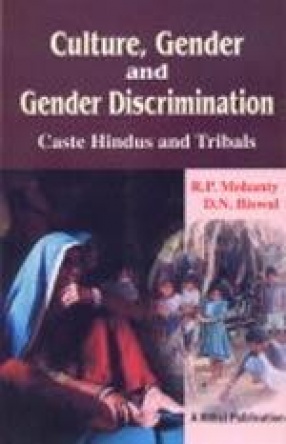
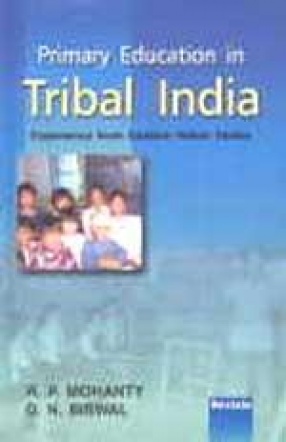

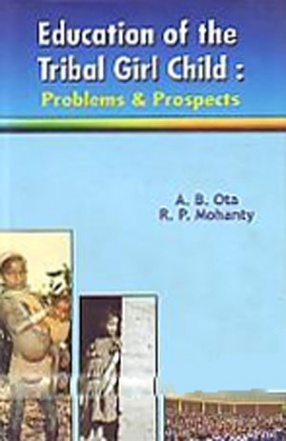
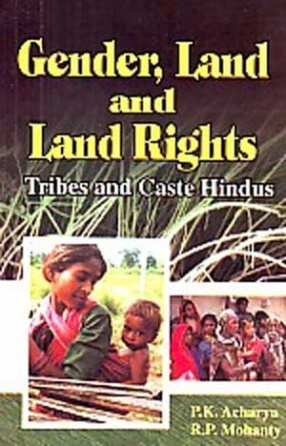

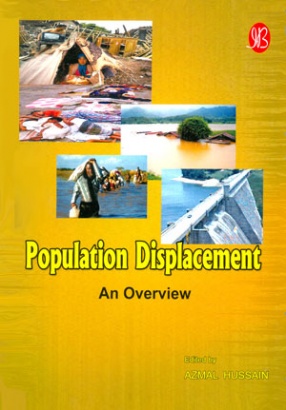
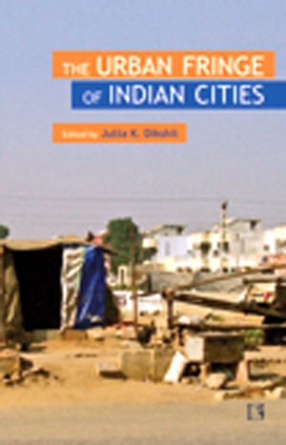
There are no reviews yet.